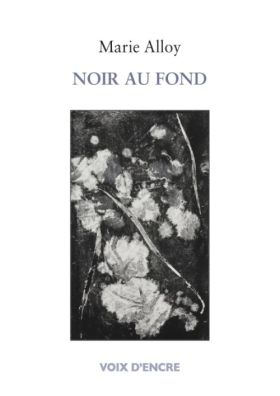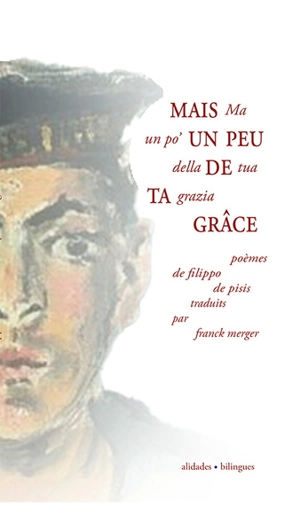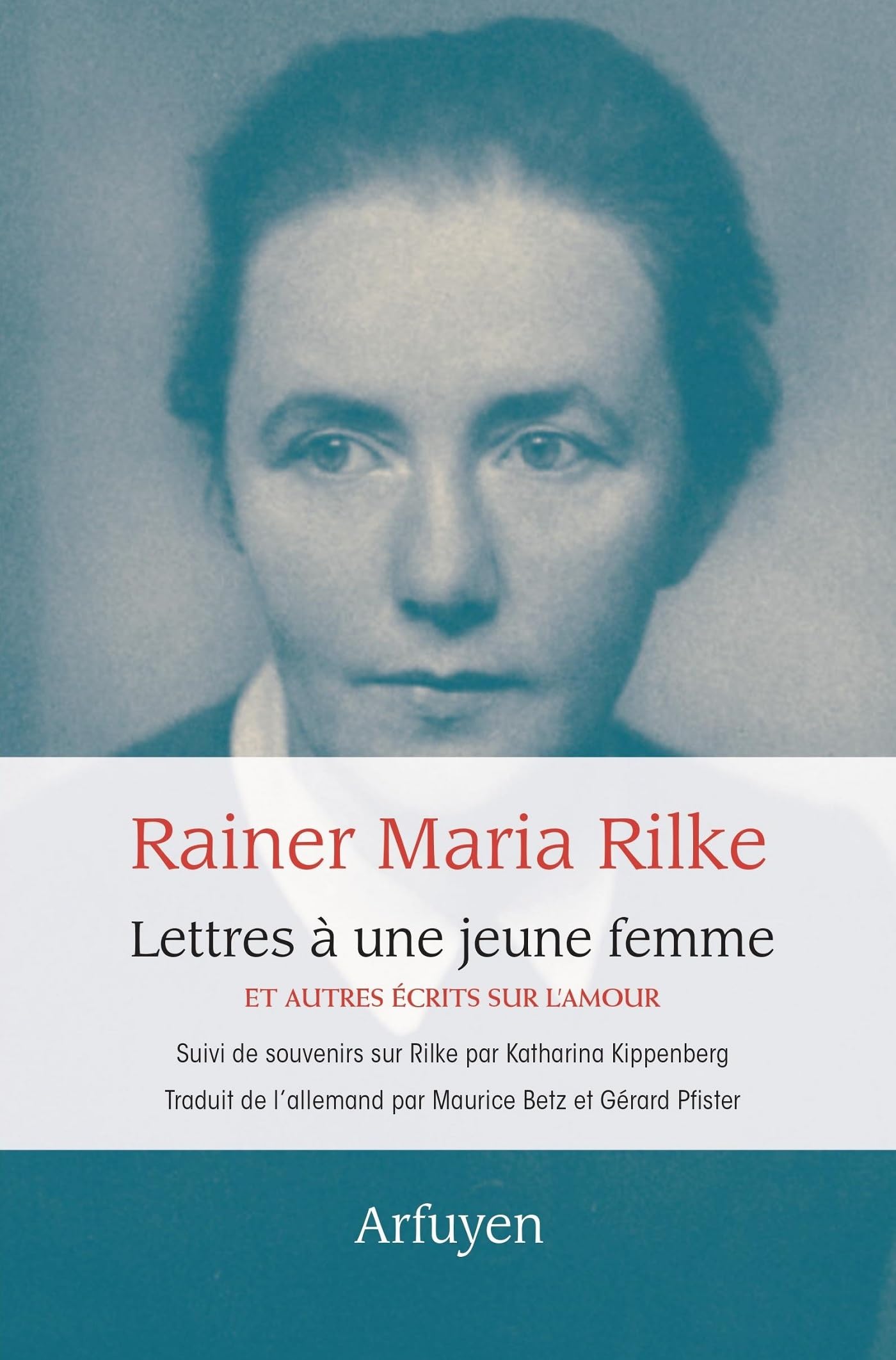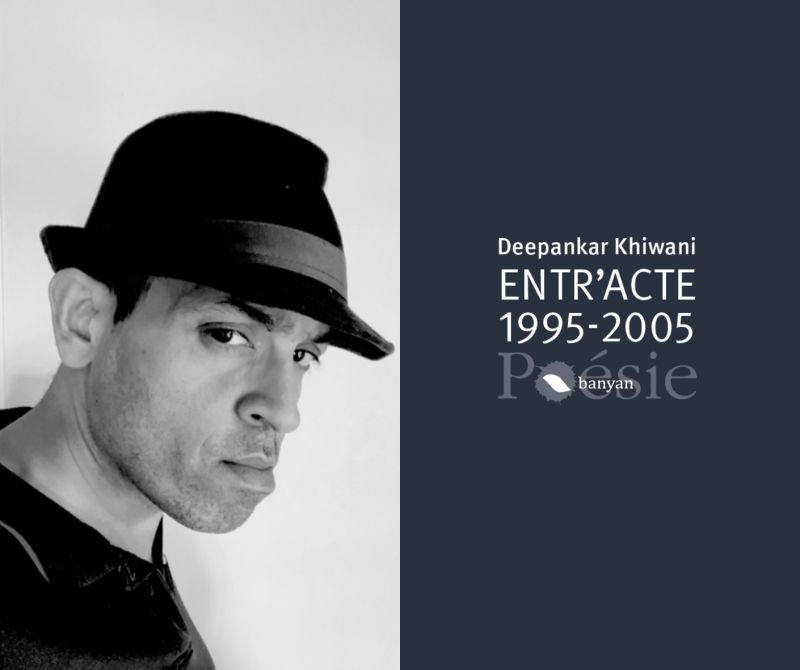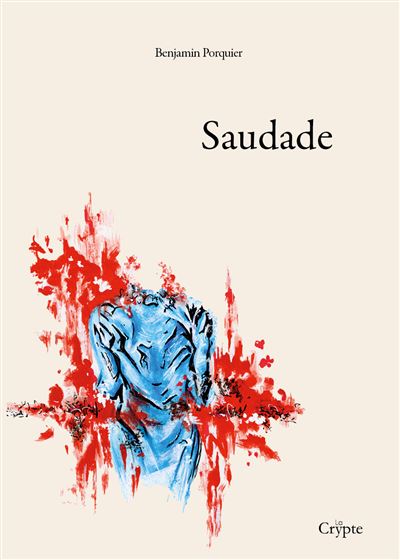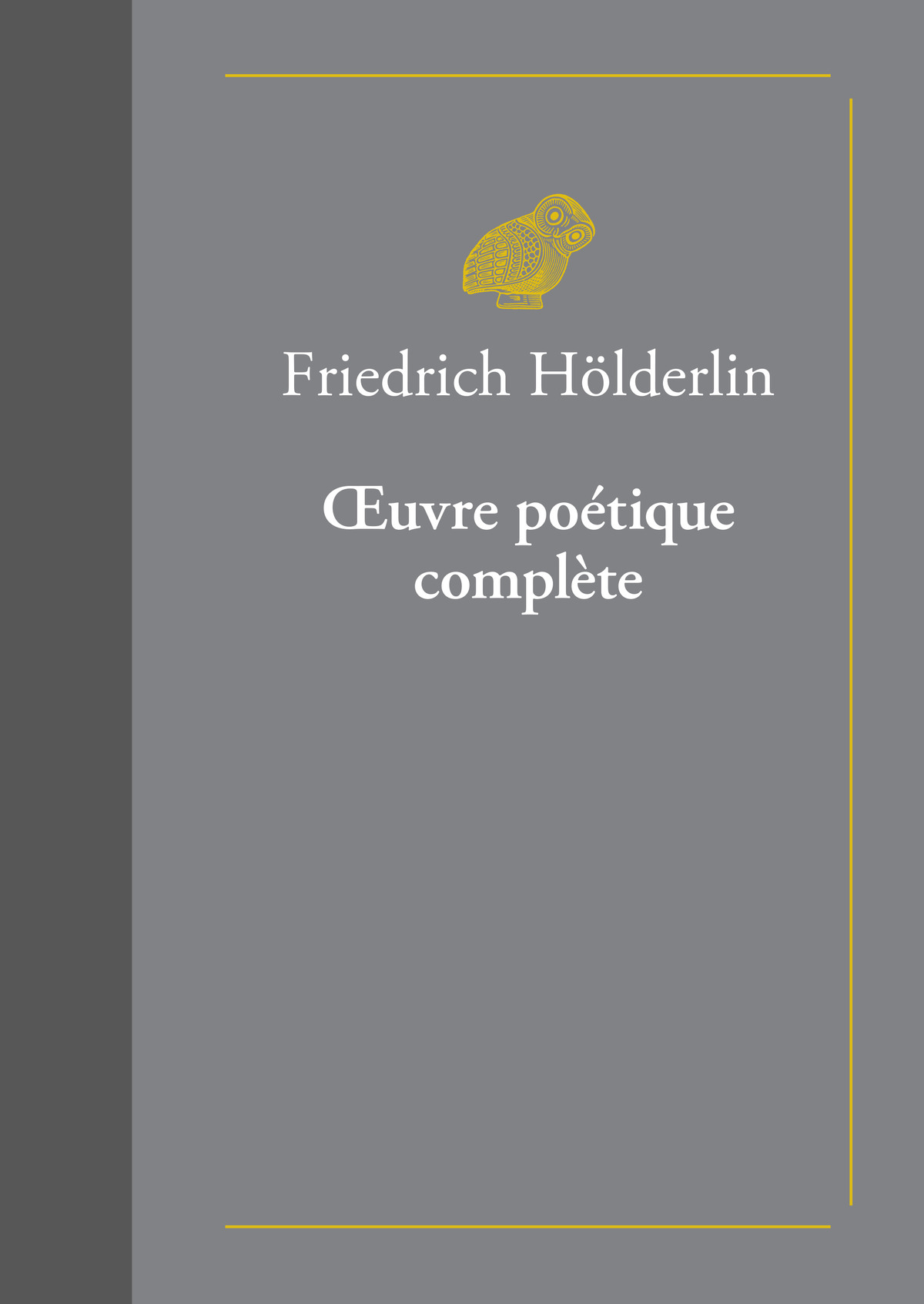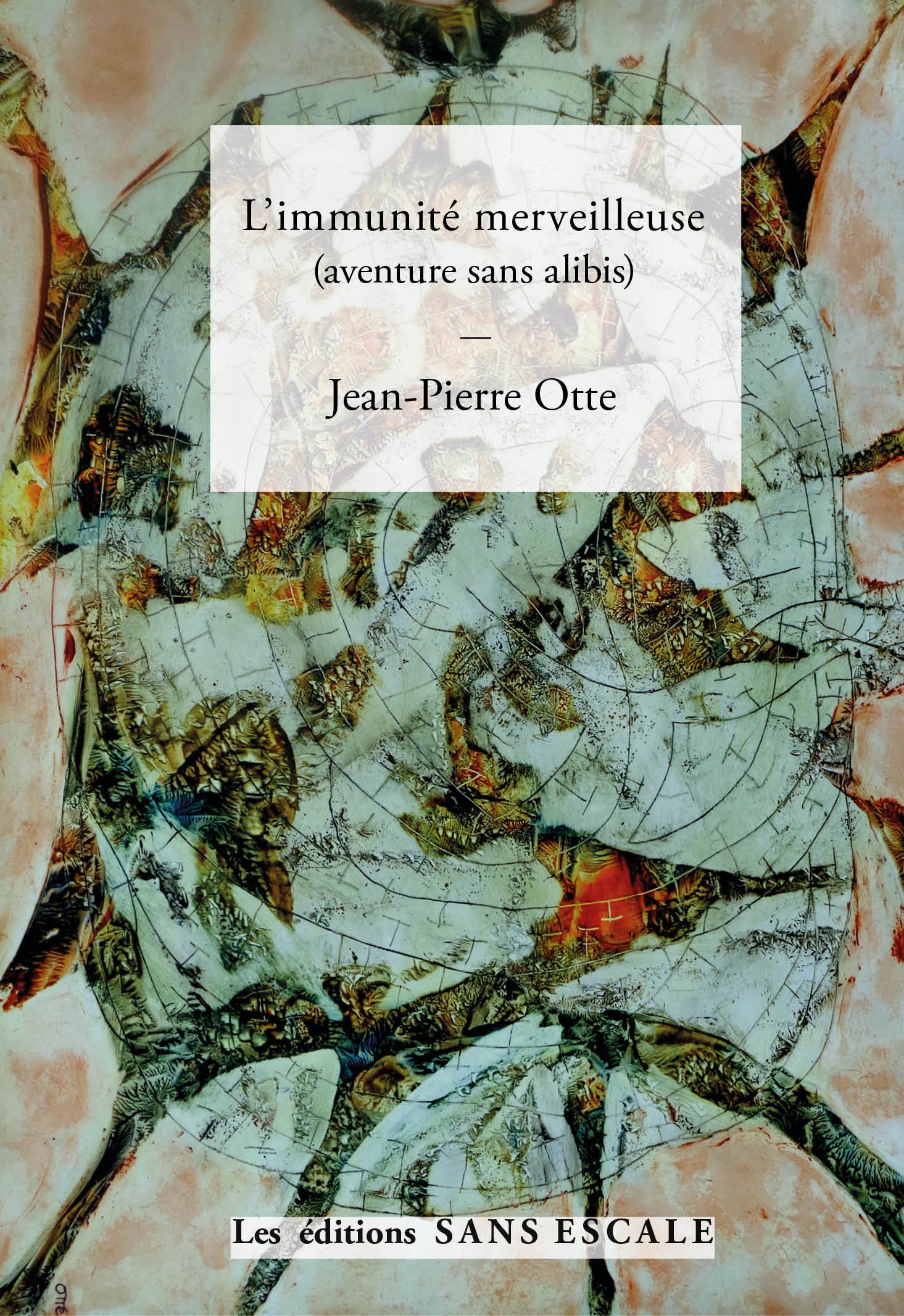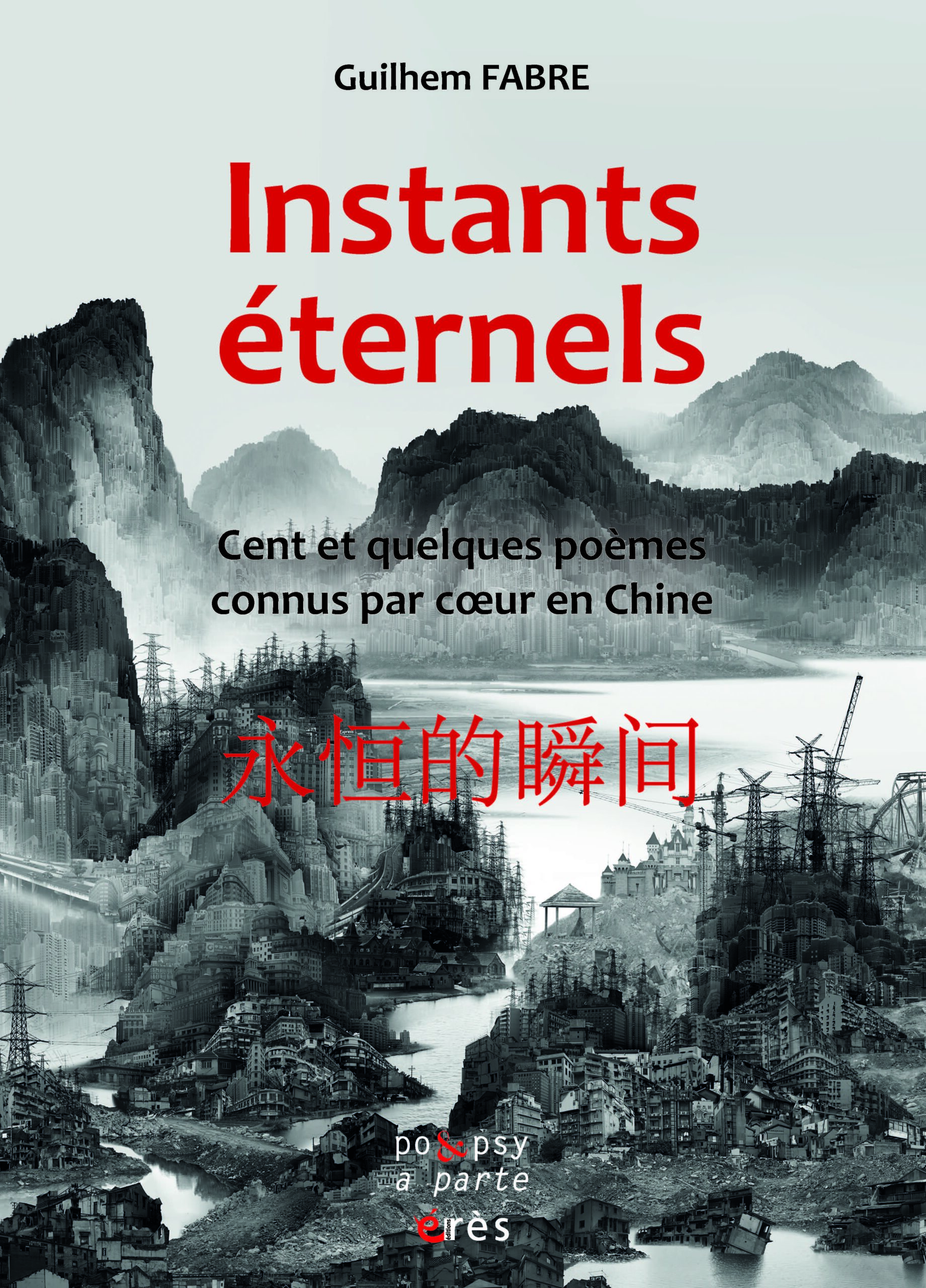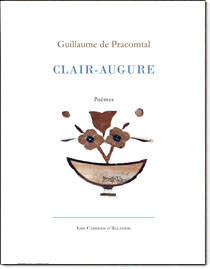On Wednesday afternoons, I teach creative writing to young people. I carry my class supplies in a canvas tote bag that sports the phrase “poetry keeps” in a burgundy serifed font, once across the front and once across the back. There’s no design apart from the words, this phrase that reminds me of why I write and why I teach.
This fall, I have been tutoring two pre-teen Korean girls who moved to the United States a few years ago. Each week, I incorporate a poem into my lesson. We’re just embarking on our journey into American poetry, mostly from the last century, and so far each girl has found something that moved her.
We read through a few different poets before I pulled from my tote bag a voice that spoke to me when I was their age, Langston Hughes. After reading “The Negro Speaks of Rivers,” one of the girls leaned back in her chair, and looked at me. “Whoa,” she said. I smiled at her, “I know.” We had been talking about watershed moments, life-changing moments, those instants, small and large, that change the way you think about something. We had been talking about history, about roots, and how experiences shape a person.
When I asked the younger girl about the poem she has liked best so far, the answer was Robert Frost’s “Stopping by Woods on a Snowy Evening.” She said that she feels like that last line a lot of the time: And miles to go before I sleep. I am often surprised by which poems connect with a student, but it’s my favorite personal challenge to find the poem that will make them go, “Whoa.” I know by heart the first poem that made an impression on me when I was a child: “Dreams” by Langston Hughes. It still carries depth and meaning for me, and it opened the door to metaphor and poetic language as a means of understanding and expression. There’s a poet out there for everyone; you just have to find the right poem at the right time.
In that way, reading poetry is an act of openness. When I browse the poetry shelves of a bookstore, my fingers tingle with anticipation. I open the book and my mind at the same time, looking forward to what I’ll find in the pages before me. Poetry is a place where there is no single right answer; it is a meditative and ever-changing space where people can take risks, dive into the unknown, or re-evaluate the familiar. The greatest reward in reading poetry is in the sense of discovery it gives me. And when I teach a poem and see my students connect with the words of someone who lived and wrote decades before they were born, I am filled with awe and satisfaction. Language holds power. It can bring people together.
Poetry keeps. It won’t spoil. You never lose it; it will wait for you even if you neglect it for a while. There is always more to read, more to think about. When you discover writers who spark something in you, their words enrich and change you. Poetry keeps me engaged in life, keeps me thinking about how things work, what they mean. Poetry keeps people connected through a means of discourse that bridges distance and time. Poetry keeps stories alive; it keeps perspective in its lines, and it encourages analysis. Poetry keeps exploration in the everyday.
Every lesson is an opportunity to influence the kind of people my students will become. I hope that my students become people who pay attention to the world around them, who pay attention to language, who like to think things through, who don’t give up when something is confusing or challenging, people who find satisfaction in learning and the exploration of ideas. I hope that poetry keeps bringing together writers and readers. May it keep wonder and discovery present in our days.
- Rencontre avec Aaron Shurin - 20 juillet 2013
- Vu de Berkeley - 11 janvier 2013
- Rencontre avec Sheida Mohamadi - 11 novembre 2012



